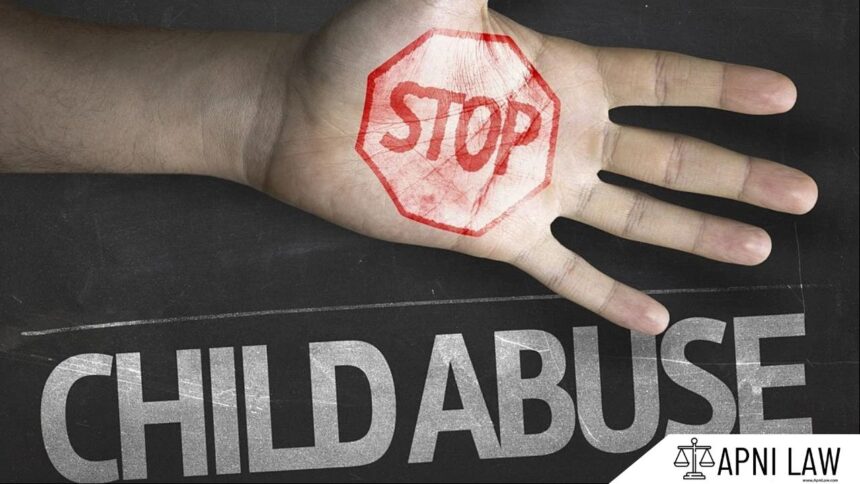The Madras High Court has ruled that a subsequent marriage between an accused and the victim does not erase the offence committed under the Protection of Children from Sexual Offences (POCSO) Act. The court reversed a Special Court’s acquittal and convicted the man under the Act.
POCSO Offence Is Against Society, Not Individual
Justice P. Velmurugan stressed that crimes under the POCSO Act are societal offences, not just personal wrongs. He held that allowing marriage as a defence would defeat the law’s purpose and set a dangerous precedent. The court sentenced the accused to a minimum of 10 years of simple imprisonment and imposed a fine of Rs. 1,000.
Accused’s Plea for Leniency Rejected
The accused had pleaded for a reduced sentence, citing the victim’s pregnancy and lack of family support. However, the court clarified it had no discretion to reduce the punishment prescribed under the POCSO Act.
Background: Two Appeals Examined
The court heard two appeals, one by the accused challenging his conviction under Sections 343 and 363 of the IPC, and the other by the State against his acquittal under POCSO charges. The accused claimed the girl eloped willingly and denied any sexual contact.
Victim Was a Minor Under POCSO
The State argued the victim was 17 years old at the time, making her a child under POCSO. Therefore, her consent or elopement was irrelevant. Her statement under Section 164 CrPC and medical evidence supported the claim of a physical relationship.
Court Finds Sufficient Evidence
The court noted that although the victim used diplomatic language, she clearly indicated a physical relationship. The medical report also showed her hymen was not intact. The court concluded the accused had a physical relationship with a minor and took her away from her parents’ custody.
Accused Should Have Sought Legal Help
The court said even if the girl feared forced marriage, the accused should have contacted the police or social welfare authorities. Instead, he took her to his relative’s house.
Final Verdict: Conviction Under POCSO
The court held that the act fell under Section 3 punishable with Section 4(1) of the POCSO Act. It reversed the Special Court’s acquittal and convicted the man, reinforcing that marriage cannot override child protection laws.








